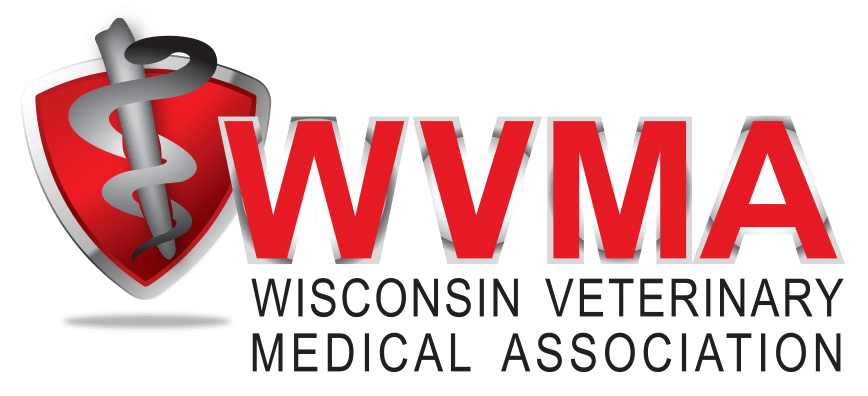Help Legislators Understand the Importance of Xylazine in the Veterinary Profession as Illicit Xylazine Use Is Now Considered an “Emerging Threat” by the White House

The time has come for the veterinary profession to rally on this important legislation.
Every voice counts. Every letter is needed. Every signature is important.
Now is the time to contact Wisconsin Congresspeople and ask for their support of the newly proposed bill, Combating Illicit Xylazine Act of 2023. This bill would help combat the emerging xylazine threat to humans while protecting veterinary access to this vital animal sedative. This bill is supported by the AVMA, which has also created this easy-to-fill form to make sure opinions from local veterinary communities get in front of their U.S. Senators and Representatives.
Support this legislation by:
1.) Clicking the button below. Enter your name and address and click “Act Now” to auto-populate your Representative/Senators onto an editable form letter.
2.) Add your story. Personalized letters have the greatest impact, so please tailor your letter with any stories that show how crucial veterinary use of xylazine is to animal health and human safety.
3) Encourage your colleagues. Encourage clinic members to submit letters or sign on as a clinic. Encourage your peers to participate.
The voices of individual veterinarians and team members are crucial to secure passage of this critical bill.
The Biden administration designated fentanyl combined with xylazine as an “emerging threat” to the United States on April 12. The designation will allow the federal government to put together resources to counteract the illegal supply of the drug combination found nationwide.
It’s the first time the United States has declared a drug an emerging threat, a category enabled by a 2018 federal bill. Illicit xylazine’s growing role in being sold illegally and overdose deaths nationwide prompted the White House to make this designation.
The potent combination of xylazine and fentanyl poses grave health and safety risks to human users. Because xylazine isn’t an opioid, its effects can’t be reversed with the opioid-reversing drug naloxone, complicating the efforts of first responders and emergency physicians.
The AVMA does not believe there is substantial diversion of xylazine from veterinary channels, and the bill includes provisions to identify and address any that does occur with harsher penalties.
Learn more about this emerging threat through current AVMA blog posts here and here. Stay tuned to the WVMA’s email alerts for the latest on this situation.
